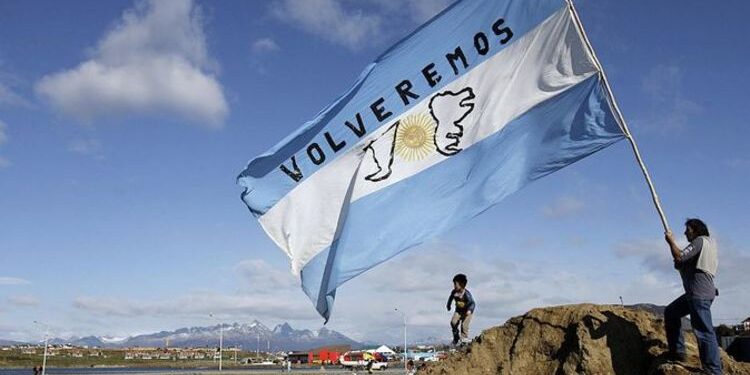On April 2, 1982, Argentine troops launched an invasion of the Falkland Islands, a remote British overseas territory in the South Atlantic Ocean. This dramatic military action marked the beginning of the Falklands War, a short but intense conflict between Argentina and the United Kingdom.
The Argentine government, led by the ruling military junta under General Leopoldo Galtieri, sought to assert sovereignty over the islands, which Argentina had long claimed as its own. The invasion was partly driven by nationalistic sentiment and the junta’s desire to divert attention from domestic economic struggles and political unrest. For Argentina, reclaiming the islands, known as Las Malvinas, was seen as a matter of national pride and historical justice.
The British had controlled the Falklands since 1833, and the islanders, mostly of British descent, strongly identified with the UK. Despite growing diplomatic disputes, Britain had reduced its military presence in the region, giving Argentina confidence that an invasion would succeed with little resistance.
On the morning of April 2, Argentine forces, consisting of naval and amphibious units, landed near the capital, Port Stanley. The small British garrison, led by Governor Rex Hunt, was quickly overwhelmed. After brief skirmishes, the British forces surrendered, and Argentina took control of the islands. The Argentine flag was raised over Port Stanley, renamed Puerto Argentino.
The invasion sparked an immediate and strong response from Britain. Prime Minister Margaret Thatcher condemned the action and vowed to retake the islands. Within days, Britain assembled a naval task force and set sail for the South Atlantic, beginning preparations for a military campaign to reclaim the territory.
Internationally, the invasion was widely criticized. The United Nations Security Council passed Resolution 502, demanding Argentina withdraw its forces and calling for diplomatic negotiations. However, Argentina refused, insisting that the Falklands belonged to them.
The Argentine occupation of the Falklands lasted just over two months. In early April, British forces began their counteroffensive, leading to a full-scale war. By mid-June, after fierce battles on land and at sea, British troops successfully recaptured the islands, forcing the Argentine surrender on June 14.
The war had significant consequences. It led to the fall of Argentina’s military dictatorship in 1983 and strengthened Thatcher’s leadership in Britain. The conflict remains a point of contention between Argentina and the UK, with Argentina continuing to claim sovereignty over the Falklands. However, the islands remain under British control, and their residents overwhelmingly support remaining a British territory.
newshub




Recent Comments